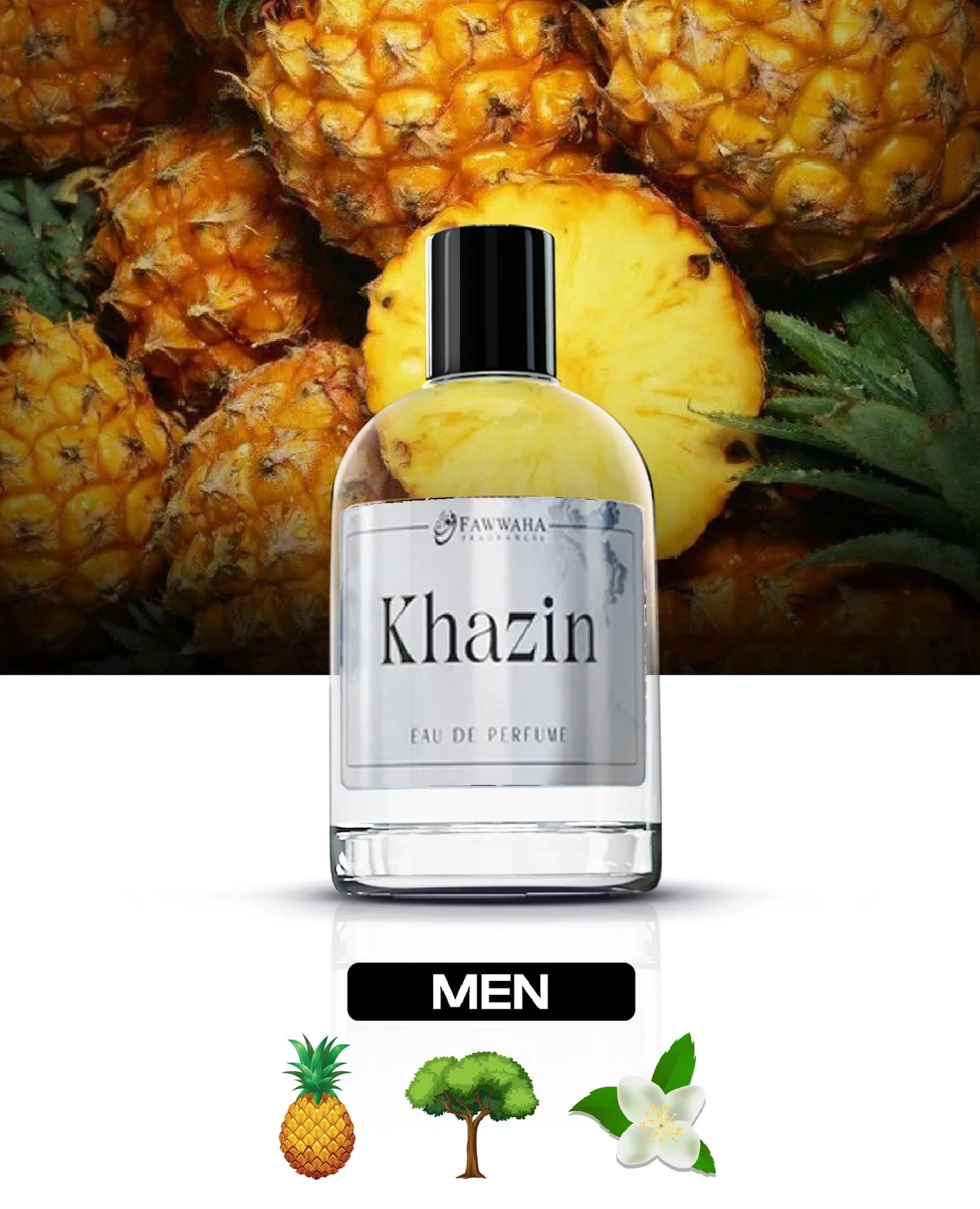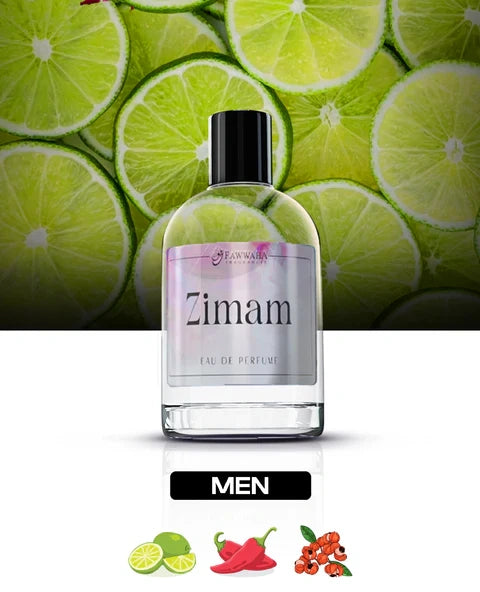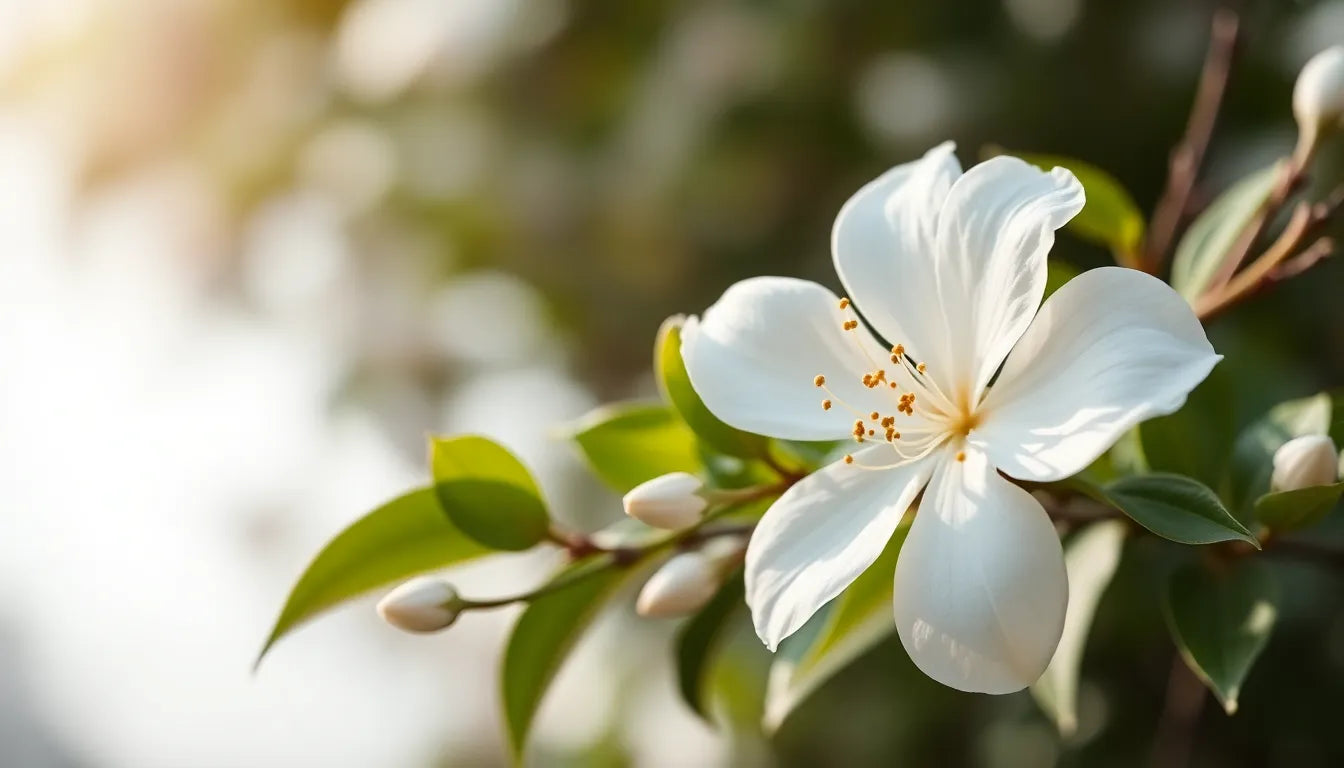The Unique Aroma of Jasmine and Its Benefits in Fragrances
Jasmine is one of the most cherished flowers in the fragrance world. Known for its alluring scent, it has been a favorite for centuries. So, what does jasmine smell like? Its fragrance is a beautiful blend of sweet, floral, and slightly fruity notes, making it a staple in perfumes. In this post, we will delve into the unique aroma of jasmine and explore its significance and benefits in fragrances.
Understanding Jasmine
1. The Jasmine Flower
The jasmine flower is small, delicate, and strikingly beautiful. Typically white or pale yellow, these blossoms bloom in clusters, releasing their enchanting scent, especially at night. So, what does jasmine flower smell like? The aroma can be described as rich and sweet, with hints of floral overtones. Its intoxicating scent draws people in, making it a prized ingredient in perfumery.
2. Types of Jasmine
There are over 200 species of jasmine, each with its own unique fragrance profile. The most widely known varieties include Jasminum sambac (Arabian jasmine) and Jasminum grandiflorum (Spanish jasmine). While both types are often used in perfumes, their scent can differ slightly. Arabian jasmine is sweeter and smoother, whereas Spanish jasmine has a more intense and complex fragrance.
The Aroma of Jasmine
1. What Does Jasmine Smell Like?
To truly appreciate jasmine’s scent, one needs to experience it firsthand. The fragrance is often described as warm, sultry, and rich, evoking feelings of relaxation and comfort. Some common adjectives capture its essence—sweet, floral, exotic, and even slightly fruity. This alluring aroma makes it a favorite note in countless perfumes, attracting many fragrance enthusiasts.
2. Does Jasmine Smell Good?
The appeal of jasmine is undeniable. Many people find jasmine fragrance enchanting, associating it with romance, warmth, and tranquility. Odor perception is subjective, but jasmine has a widespread reputation for being a pleasant and appealing scent. For those who love floral fragrances, jasmine is often at the top of the list.
Jasmine in Perfumes
1. Jasmine Perfume Ingredients
In the world of perfumery, jasmine is a versatile note that can serve as a base, middle, or top note. When blended with other essential oils, jasmine perfume ingredients enhance the overall scent profile, often creating a rich and layered fragrance. Some common ingredients paired with jasmine include sandalwood, bergamot, and various spices. These combinations can elevate the perfume while maintaining the signature sweetness of jasmine.
2. Popular Jasmine Perfumes
Several iconic perfumes feature jasmine as a prominent note. For example, Chanel No. 5 incorporates jasmine along with other floral notes, creating a classic scent that has remained popular since its launch. Another well-known fragrance, Marc Jacobs' Daisy Eau So Fresh, highlights the light and fresh qualities of jasmine, appealing to those who prefer a youthful scent. Each of these perfumes demonstrates the versatility and beauty of jasmine in the fragrance industry.
Benefits of Jasmine in Fragrance
1. Jasmine Fragrance Benefits
The benefits of jasmine fragrance go beyond its pleasant scent. Emotionally, jasmine has been linked to promoting relaxation and reducing anxiety. Its soothing aroma can create a calming atmosphere, helping to uplift moods and foster feelings of tranquility. In aromatherapy, jasmine is often used to enhance emotional balance, making it a popular choice in wellness practices.
2. Cultural Significance of Jasmine
Jasmine holds a significant place in various cultures across the globe. In many regions, it symbolizes purity, love, and sensuality. For instance, in India, jasmine is often associated with romance and is used in weddings and religious ceremonies. In contrast, in Middle Eastern cultures, jasmine represents beauty and is used extensively in traditional perfumes. Its rich cultural ties further enhance the esteem in which jasmine is held.
Jasmine Essential Oil
1. Uses of Jasmine Essential Oil
Jasmine essential oil is known for its numerous applications. Its sweet and floral scent makes it a popular choice in aromatherapy and natural skincare products. When applied topically, it can soothe and hydrate the skin, making it a favored ingredient in moisturizers and lotions. Additionally, the calming properties of jasmine essential oil can be beneficial for relaxation techniques, such as meditation or massages.
2. Tips for Using Jasmine Essential Oil
To safely enjoy jasmine essential oil, it’s important to dilute it with a carrier oil, especially for topical use. A few drops mixed with coconut or jojoba oil can create a wonderful skin treatment or massage oil. For those interested in using jasmine in diffusers, a simple blend of jasmine with lavender or sandalwood can create a calming atmosphere in any home.
Conclusion
Jasmine's unique aroma and numerous benefits highlight its importance in the world of fragrances. Its sweet and enchanting scent not only elevates perfumes but also enhances emotional well-being. Explore the world of jasmine-based products and experience the delightful aroma that has captivated many for generations. Whether it's through a jasmine perfume or essential oil, adding this floral fragrance to your life can bring a little extra joy into your day.





